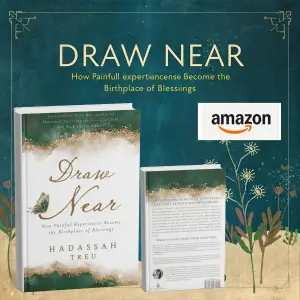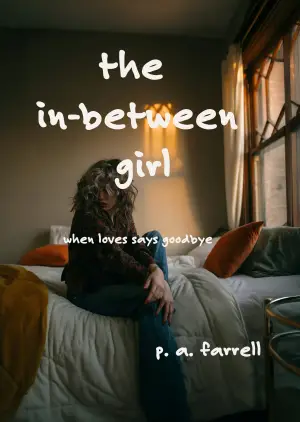A Journey Through Chaos: Reflecting on Saul Bellow’s Herzog
Sometimes a book finds you at precisely the right moment—a time when you’re grappling with your own existential questions, searching for answers in the swirling chaos of life. Herzog by Saul Bellow was that book for me. When I stumbled upon it, I was captivated not only by its stunningly complex character but also by the audacity of an author who dares to plunge into the depths of a troubled mind. With a National Book Award under its belt, this 1964 classic still resonates today, urging us to confront our inner turmoils and, perhaps, illuminate our own shadowy corners.
At the heart of Herzog is Moses Herzog, a middle-aged failed academic navigating the wreckage of his second failed marriage, which has left him disillusioned and scrambling for meaning. Over the course of five tumultuous days, he retreats to his dilapidated home in the Berkshire mountains, seeking solace—and perhaps redemption—as he scribbles letters to one and all: family, friends, lovers, dead philosophers, and even past Presidents. Yet, each letter remains unsent, serving as a cathartic exercise for Herzog rather than a conduit for communication. It’s a narrative technique that brilliantly conveys Bellow’s exploration of human consciousness, revealing not just the thoughts that race through Herzog’s mind but the essence of what it means to be human—flawed, vulnerable, and searching.
Bellow’s prose is a study in contrasts, oscillating between moments of profound clarity and sections that feel almost maddeningly rambling. One moment you’re swept up in beautiful, evocative descriptions of Herzog’s world, and the next, you’re grappling with his meandering thoughts that seem to bounce from one subject to another—a reflection of the tumult within his own psyche. This style might perplex some readers, but for me, it became the very pulse of the novel, mirroring Herzog’s chaos and providing a deeply authentic glimpse into a troubled soul. As one reviewer noted, “It’s a beautiful mess of flashbacks, rants, and slow-paced action.” And they’re right—such imperfections make the journey all the more relatable; who among us has not felt the weight of unorganized thoughts?
There are memorable moments throughout the text that linger long after you’ve turned the final page. When Herzog muses, "I am Herzog. I have to be that man. There is no one else to do it," I couldn’t help but feel a jolt of recognition. It encapsulates the very human struggle of owning our identity amidst life’s tumult. Bellow’s sharp observations about society, love, and personal failure feel as relevant today as they did in the ‘60s. His explorations are rich with humor and insight, a blend noted by a reader who remarked on the “poignant drama around human relationships.”
Herzog beautifully encapsulates the messiness of life, where there are no straightforward answers—only layers of complexity waiting to be unraveled. If you’re a reader who enjoys introspective literature, grappling with life’s big questions, or simply delving into the human psyche, this book deserves a spot on your shelf. It asks its readers to embrace their own chaos, to reflect deeply on their relationships, and to understand that our fragmented experiences are what make us whole.
In closing, reading Herzog was more than just a literary endeavor for me—it was a reckoning. Growth often begins in discomfort, and Bellow’s masterful portrait of a man wrestling with his demons offers both solace and wisdom. Whether you see yourself in Herzog’s struggles or simply seek a thought-provoking journey through the intricacies of life, I encourage you to dive in. Who knows? You may just find the clarity you didn’t realize you were seeking.






